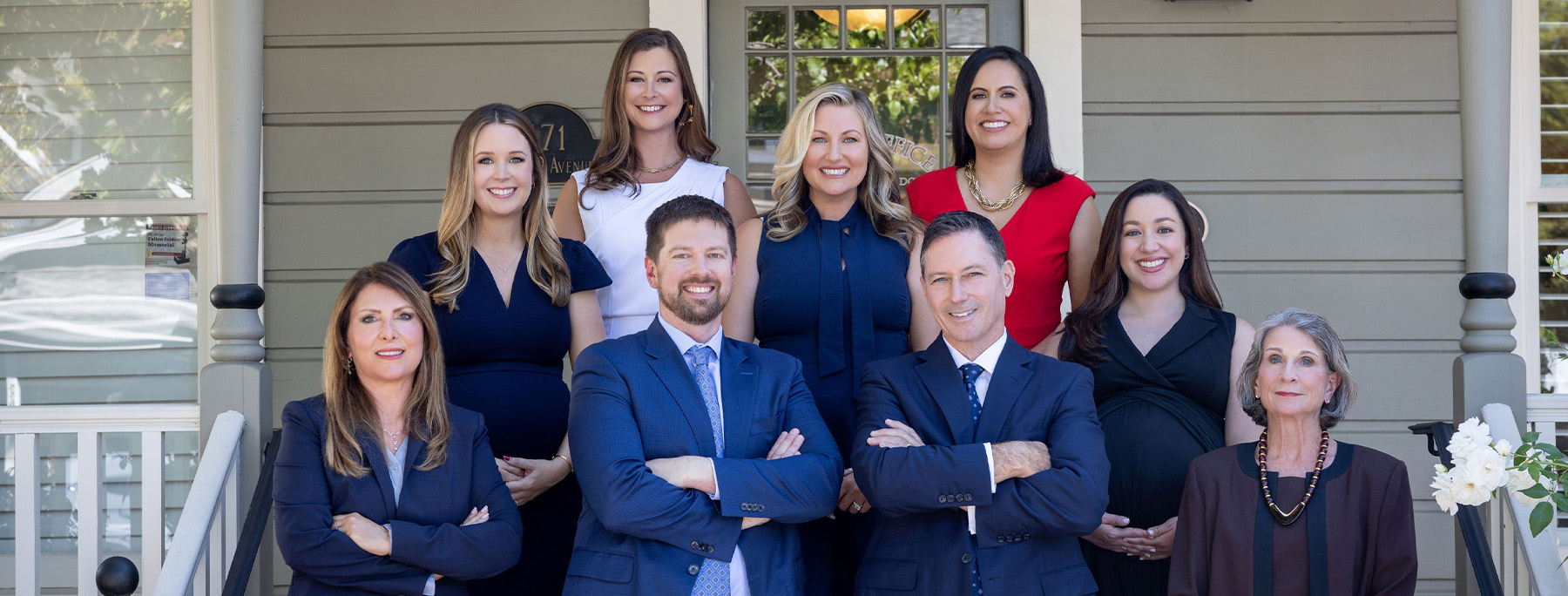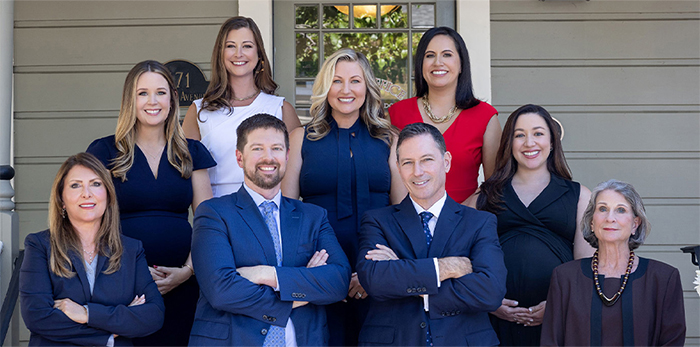The Probate Process
If you or a loved one dies without an effective estate plan in place, the estate will need to be administered through probate. Probate is the legal process of passing property from a deceased person (called the “decedent”) to their beneficiaries or heirs. Probate is necessary to transfer title to property such as bank accounts, real property and automobiles that the decedent owned at death. A personal representative, an executor is named in the will or an administrator if appointed by the court, will be approved by the court to probate the decedent’s estate.
The personal representative’s duties include notifying all creditors of the decedent’s death, filing an inventory and appraisal listing all assets, and the court-appointed referee will appraise the assets. The personal representative also must file the decedent’s tax returns and pay any taxes from the estate. Approximately a year after the probate process is initiated, the personal representative will file a final petition for probate along with a final accounting and if the court approves, a final order of probate is entered.
Who Is In Charge Of An Estate?
If the decedent dies leaving a will, the will generally nominates an executor to serve as the person to administer the estate. If there is no will or the person named as executor cannot serve, then an interested person will need to petition the court to be appointed as administrator of the estate. The executor and the administrator fulfill the same role and are referred to as the personal representative.
What Are The Duties Of A Personal Representative?
The personal representative must take possession of all of the estate’s property, collect estate income, prepare an inventory and appraisal, file all tax returns, pay taxes and keep a detailed account of all estate transactions.
How Are Letters Obtained?
The person named as executor in the will or if none, a person interested in the estate, must petition the court asking that the will be admitted to probate and that they be named as personal representative of the estate. The court will issue letters upon approval of the petition and the personal representative will use the letters to establish to third parties that they are the personal representative of the estate.
How Is Notice To Creditors Satisfied?
The personal representative must investigate the decedent’s records for evidence of any creditors of the decedent and give notice to all creditors they discover. The personal representative must also publish a Notice of Petition to Administer Estate in the newspaper to put any undiscovered creditors on notice. The personal representative then must decide if the creditor claims are proper and if so pay them from the estate assets.
How Are Estate Assets Managed?
The personal representative will need to obtain a Taxpayer Identification Number and open an estate bank account associated with the number. The decedent’s assets and any income received must be deposited into the estate account and estate expenses paid from this account. The estate representative must not commingle their personal assets with those of the estate. Also, the personal representative must maintain detailed records of all estate transactions
What Are The Accounting And Tax Requirements For An Estate?
The court will require a detailed accounting and report of all estate transactions. The personal representative must also prepare and file the decedent’s final income tax return, the trust income tax returns and the estate tax return if required.
How Do The Personal Representative And Attorney Get Paid?
The personal representative and the attorney for the estate are entitled to ordinary compensation which is fixed by the probate code as a percentage of estate assets. The compensation cannot be paid until it has been approved by the court. The personal representative and the attorney may also be entitled to extraordinary fees if they perform additional services such as the sale of real property, litigating claims against the estate or preparing tax returns.
How Are The Needs Of The Decedent’s Dependents Met?
The surviving spouse and children of the decedent may be entitled to support from the estate if they were dependent upon the decedent for support while the decedent was alive. The court allows for a family allowance to be paid to the dependents upon petition to the court.
When Are Estate Assets Distributed?
The personal representative may be able to make preliminary distributions beginning two months after letters are issued. Any preliminary distribution requires prior court approval. After all debts and taxes have been paid, the personal representative must file a petition for final distribution. The court will enter an order directing the final distribution after which the personal representative should distribute the balance of the estate.
Learn More
Call 925-314-2320 or complete an online form to request a consultation with an attorney at Doyle Quane regarding any aspect of estate planning or probate, whether you are an executor, a beneficiary named in a will or another interested party.



